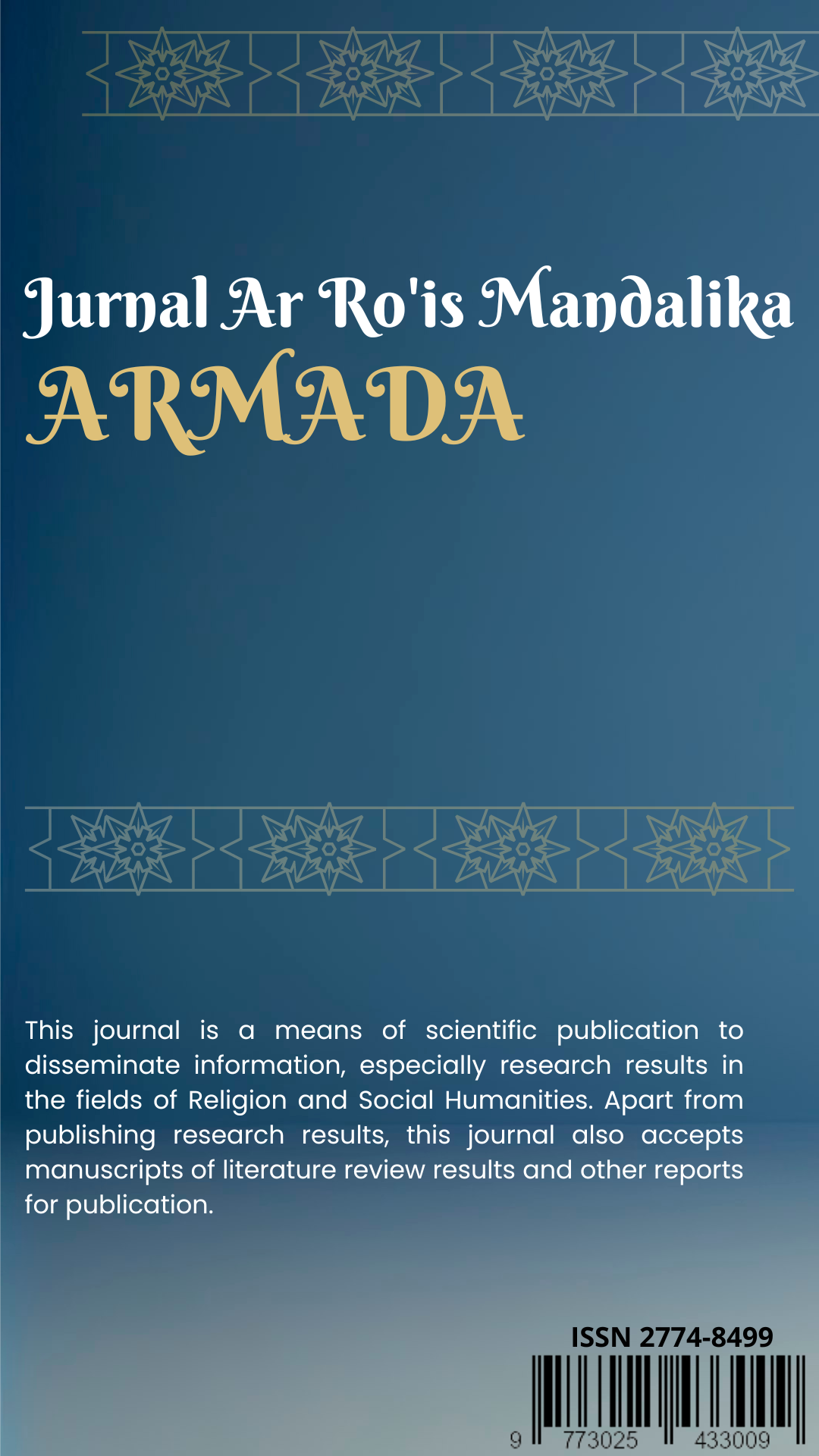The Role of Blockchain Technology in Enhancing the Integrity of Financial Accounting Systems in the Public Sector
Abstract
This study investigates the role of blockchain technology in enhancing the integrity, transparency, and efficiency of financial accounting systems in the public sector. Using a qualitative research methodology, specifically a literature review, the paper examines key studies that explore the applications of blockchain in public sector financial management. The review synthesizes findings from various sources, including academic articles, books, and industry reports, to assess the potential benefits and challenges of implementing blockchain in government financial systems. The results suggest that blockchain's decentralized, transparent, and immutable features offer promising solutions to combat corruption, fraud, and inefficiency in public financial management. Blockchain can provide real-time, tamper-proof records, ensuring greater accountability in financial transactions. However, the adoption of blockchain technology in the public sector faces several challenges, such as scalability issues, energy consumption, and resistance to change in traditional governance structures. The study concludes that while blockchain has the potential to revolutionize public sector accounting, further empirical research is necessary to assess its practical applications in various public sector contexts. Future studies should focus on overcoming the technical, regulatory, and institutional barriers to blockchain adoption in government financial systems, particularly in developing economies where inefficiency and corruption are more prevalent.
Copyright (c) 2025 Ida Nurhayati, Zulaika Putri Rokhimah

This work is licensed under a Creative Commons Attribution 4.0 International License.









:strip_icc():format(webp)/kly-media-production/medias/4550198/original/016488700_1692862388-cover.jpg)

